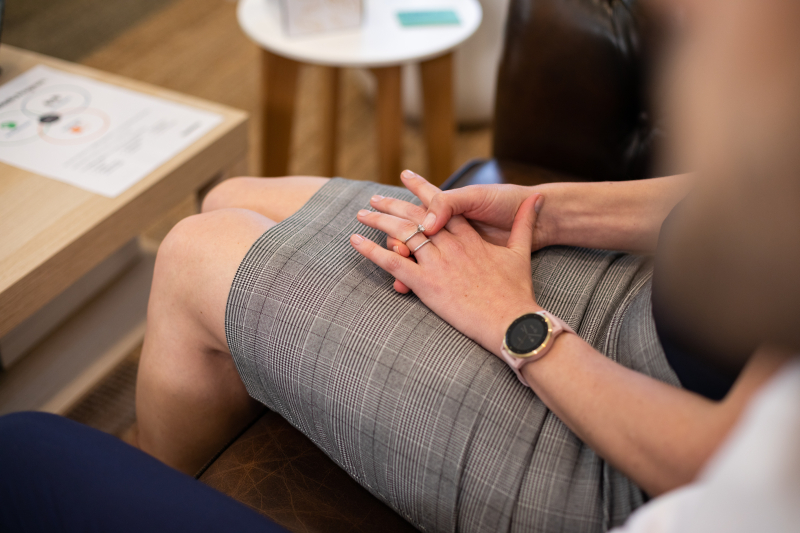We know that sleep and mental health are closely linked. Individuals with mental health conditions are more likely to experience poor sleep and sleep disorders; conversely, those experiencing poor sleep are more likely to develop mental health conditions. Sleep problems are more prominent in individuals with anxiety, depression, bipolar disorder, post-traumatic stress and attention deficit hyperactivity disorder. But did you know that poor sleep can impact your well-being in various ways? It is even linked to procrastination. A recent study found that low-quality sleep is linked with increased procrastination the following day, particularly if you are already prone to procrastination.
A more significant risk of poor sleep is the effect it can have on our food choices. Research now recognises diet as being influential on mood and encourages a healthy diet not only for reducing the risk of depression but also as part of a treatment plan. It seems simple really… why don’t we all just eat a healthy diet to better manage our mood? Humans are complex and there are a myriad of factors that influence our food choices, and one of these is sleep. Research completed with shift workers found that insufficient and poor quality sleep is associated with increased intake of calories, poor dietary habits, reduced metabolism, and obesity. It is thought this surplus of calories when sleep deprived is driven by eating for pleasure rather than for fuel.
Further studies reported that sleep deprivation significantly decreases activity in regions within the brain that evaluate our appetite when making food choices. This change in brain activity is associated with a significant increase in the desire for high-calorie foods following sleep deprivation. These are just a few reasons to ensure we are getting a good night’s sleep!
Despite sleep being an innate requirement, improving sleep can be difficult. Below are some simple sleep hygiene guidelines, which, if practised consistently, will often improve sleep duration and quality:
- Routine. Train your body to go to sleep and wake up at the same time each day (even on weekends).
- Get up if you can’t fall asleep. If after 30 minutes you haven’t fallen asleep, get up and do something quiet, like read a book, until you feel tired again.
- Avoid caffeine and stimulants. Ideally, avoid all stimulants for 4-6 hours before going to bed.
- Avoid alcohol. Although you may believe alcohol makes you tired or relaxed, it can result in poor sleep quality.
- No Netflix in bed. Try not to use your bed for anything other than sleeping; this will allow your brain to associate it with sleep.
- Avoid napping. Naps can reduce sleepiness at bedtime.
- Warm bath. Having a hot bath 1-2 hours before bedtime can be useful, as it will raise your body temperature, causing you to feel sleepy as your body temperature drops again.
- Avoid clock-watching. Frequently checking can reinforce negative thoughts about how little you have slept, making it harder to fall asleep.
- Exercise. Regular exercise can assist sleep, just ensure you don’t partake in rigorous exercise 4 hours before bedtime.
- Eat a balanced diet. A balanced diet will help you to sleep well, a heavy meal an hour before bed may interrupt sleep.
- Environment. Your bedroom should be dark and quiet. Ideally any electronics which may produce even small amounts of light, such as charging mobile phone, should be left in other rooms. Consider buying a manual alarm clock.
If you are experiencing difficulty sleeping, or you find ruminating thoughts are affecting your sleep, cognitive behavioural therapy or mindfulness may also be beneficial.
If you would like more information or support with sleep, make an appointment with one of our psychologists, or give us a call (08) 9226 4489.



